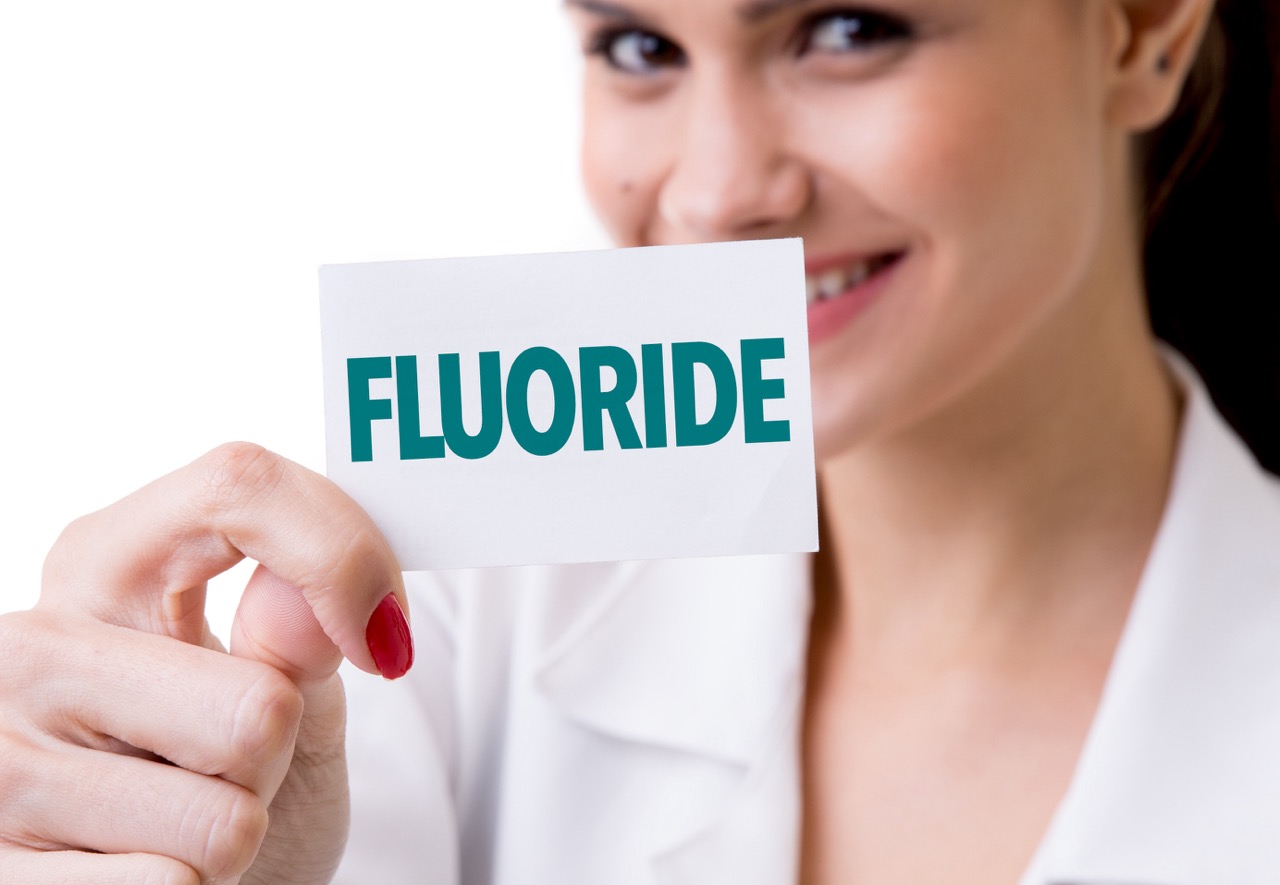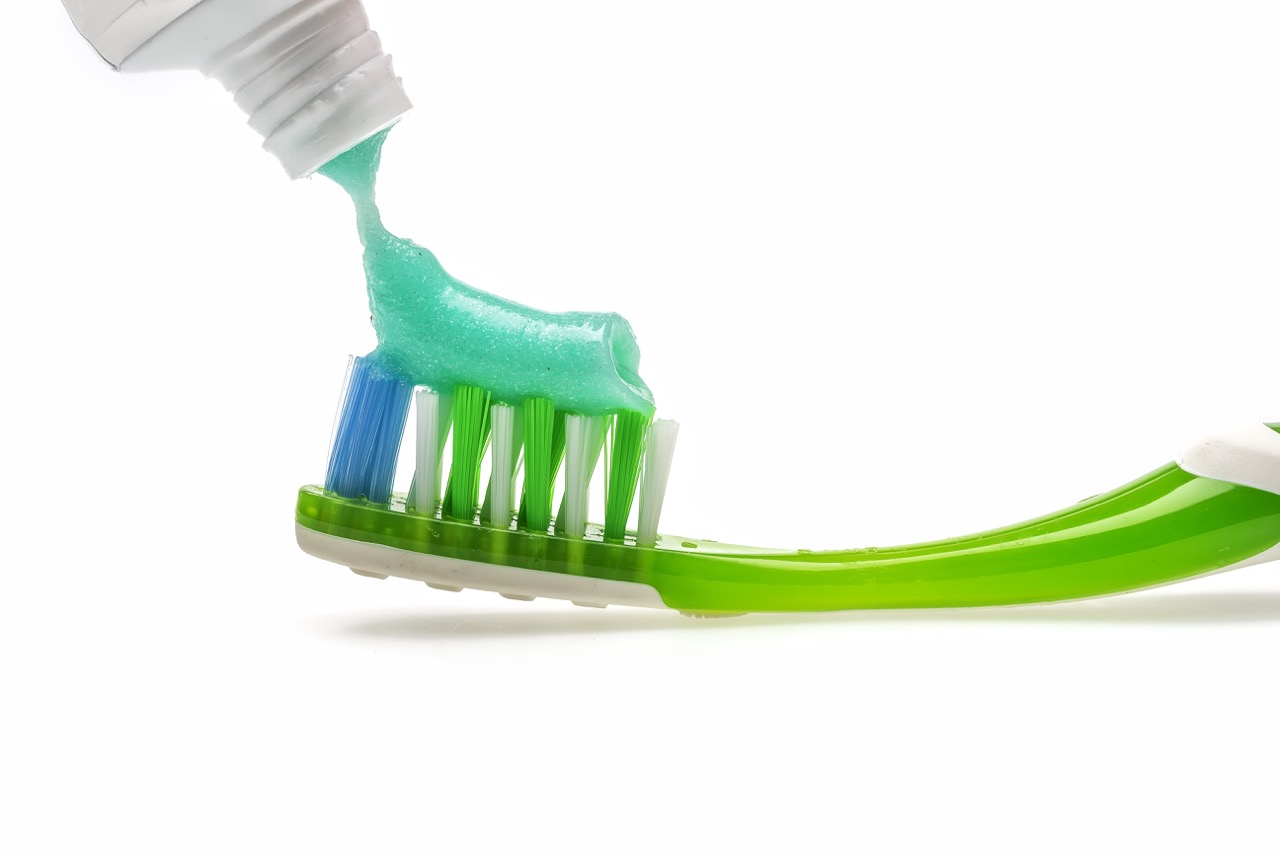Information Library
Start Reading

National Fluoride Day is on January 25. This day recognizes the public health benefits of fluoridated water, and it has never been more timely due to recent debates about the practice in the news.
What questions are being raised about fluoride in water, and do they impact you? Here’s what you need to know about the debate.
 Fluoride is a naturally occurring mineral that has long been recognized for its significant role in dental health. Commonly known as “nature’s cavity fighter,” It strengthens tooth enamel, making it more resistant to decay, and reduces the incidence of cavities among children and adults.
Fluoride is a naturally occurring mineral that has long been recognized for its significant role in dental health. Commonly known as “nature’s cavity fighter,” It strengthens tooth enamel, making it more resistant to decay, and reduces the incidence of cavities among children and adults.
According to the American Dental Association (ADA), adding fluoride ions to water has been shown to reduce tooth decay by approximately 25% in children and adolescents.
The Centers for Disease Control and Prevention (CDC) heralds water fluoridation as one of the top 10 great public health achievements of the 20th century. By making fluoride accessible through drinking water, communities have seen a significant decline in dental caries, leading to less pain and fewer dental procedures needed.
In the 1930s, researchers discovered a correlation between naturally occurring fluoride in water and lower rates of tooth decay. Studies in places where water naturally contains fluoride showed that residents had fewer cavities compared to those in areas without fluoride.
The results indicated a significant decrease in cavities among children. In 1945, Grand Rapids, Michigan, became the first city in the world to intentionally add fluoride to its drinking water supply. The results indicated a significant decrease in cavities among children.
Soon after, other cities began to adopt fluoride water systems. By the 1950s and 1960s, fluoride was being added to drinking water in many parts of the United States. The practice eventually expanded beyond the U.S. to Canada, Australia, and parts of the United Kingdom.
 There are many dental fluoride treatments. Fluoride is added to toothpaste, mouthwash, and other dental products. It can also be applied as a gel or foam in a tray that fits over teeth.
There are many dental fluoride treatments. Fluoride is added to toothpaste, mouthwash, and other dental products. It can also be applied as a gel or foam in a tray that fits over teeth.
The safety of fluoride in drinking water has been a topic of extensive research and debate.
Dr. Mark S. Wolff, Dean of the School of Dental Medicine at the University of Pennsylvania, advocates strongly for the continued use of fluoride in water within safety guidelines. He states, “Public water fluoridation is seen as one of the leading public health measures, saving millions of dollars in dental care and decay and pain in people of all ages.”
Consult your local water supplier for specific details. Additionally, the CDC provides an online tool you can use to find out which states add fluoride to their water supplies.
 With all the recent news, it’s understandable if you have questions about fluoride in water and your dental health. Please don’t hesitate to talk to your PDM dentist during your exam. It’s easy to make an appointment by completing this form or calling 215-898-8965. Our expert team can provide personalized advice on maintaining optimal dental health and answer your questions about the importance of fluoride in your daily routine.
With all the recent news, it’s understandable if you have questions about fluoride in water and your dental health. Please don’t hesitate to talk to your PDM dentist during your exam. It’s easy to make an appointment by completing this form or calling 215-898-8965. Our expert team can provide personalized advice on maintaining optimal dental health and answer your questions about the importance of fluoride in your daily routine.